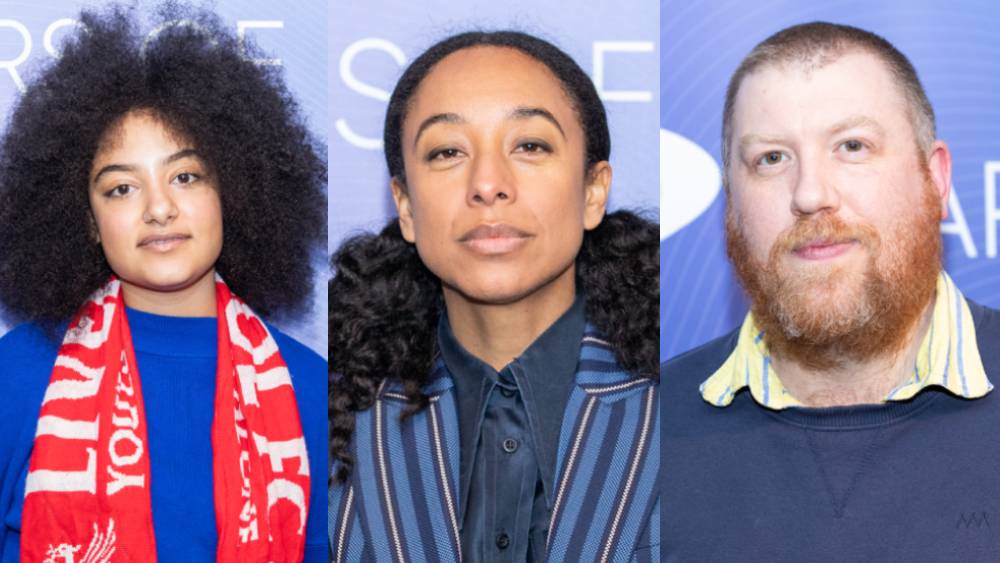Following our recent Members' Day Leeds panel Money Matters in Music, M caught up with three of our expert panellists — singer/songwriter Corinne Bailey Rae, English Teacher frontwoman Lily Fontaine and Music:Leeds founder and former ¡Forward, Russia! member Samuel 'whiskas' Nicholls — to ask about their experiences of having their music synced.
From learning what it's like to have your music featured on a Netflix show to the importance of registering your music with PRS, here's what our trio of music creators had to say about navigating the all-important sync process.
Corinne Bailey Rae
'Sync for me has been really useful and important. Having my music featured in documentaries, films and TV shows was an early way for people to hear songs from my first record. I would be always getting requests to be in different films and TV shows. Some people still say to me, "Oh, the first time I heard you was in this film!" I just think it's really great when you can make music that connects in that way.
'I've been lucky to have people find those syncs for me. I just had one of my songs placed in this documentary about these roller derby girls, which uses all these wild rock songs and then this one song of mine, New York Transit Queen. So whenever something you've made gets placed in the right space, I think, "This is exactly the usage I dreamed of". It's such an amplification of the music, having it multiplied by what's happening in the visuals.
'I've also written specifically for film and television before, and that is a real honour and privilege. Sometimes you write stuff for film which doesn't work out, but even when you do it's still a good experience to be in with a director, producer or particular film studio. They might not use that particular song you wrote, but they'll remember you next time for either how quickly or efficiently you did it, or how good the song was. It can seem like such a fast turnaround, but it's also an exciting challenge to get that phone call on the Friday and to have a song ready by the Monday. I've enjoyed doing that kind of work.'
Lily Fontaine
'Sync is something that I'm really passionate about and I really want to do more of. We had one of our songs, A55, synced on a Netflix TV show. I think it had about two minutes of play during quite an emotional scene, and it actually really impacted our streams: it's now our third most-popular song. So sync is really important, especially in terms of income: it's an additional stream of revenue for us outside of advances and live fees.
'It's also just fun seeing your music on Netflix — or in the cinema, if you ever get to that point!'
Samuel 'whiskas' Nicholls
'I think sync is a really great opportunity for artists to obviously get their music out in the world, and it can do quite well financially as well. The ultimate first step you need to take if you want to get your music synced is making sure that your music is registered correctly across all the different organisations: PRS, MCPS and PPL.
'After that, I think you need to have an understanding of what the sync landscape is, investigate what kind of sync agencies might be [interested] and have your masters and instrumental masters ready so you can take advantage of any opportunity that comes your way. But it all starts with having everything registered properly.'


